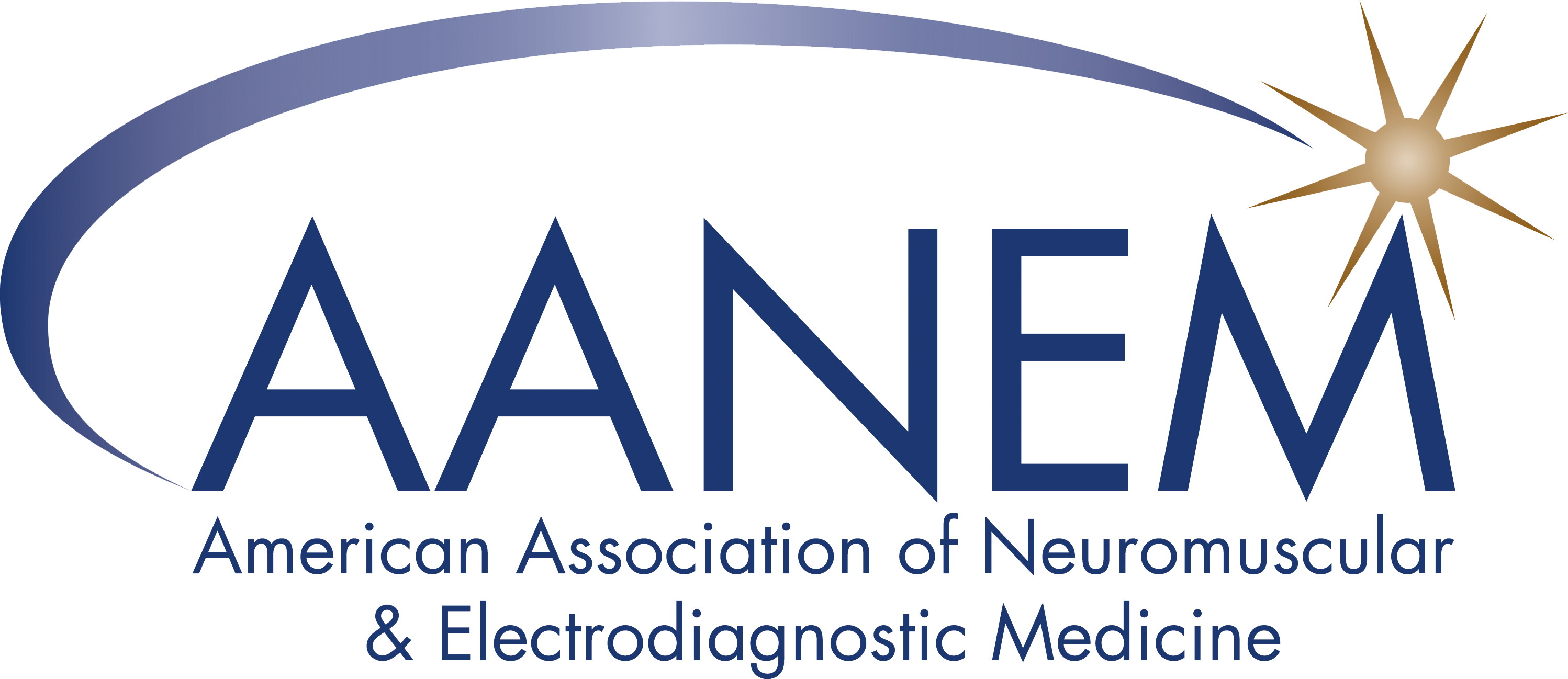Patient Safety: Immune Checkpoint Inhibitors Related Neuromuscular Adverse Effects
Published September 18, 2025
Practice
From the Quality and Patient Safety Committee
Question: Which of the following is the most likely diagnosis?
A. Paraneoplastic Lambert-Eaton myasthenic syndrome
B. ICI-induced triple-M syndrome (myositis, myocarditis and myasthenia overlap syndrome)
C. Polymyositis
D. Myasthenia gravis
Explanation:
The answer is B. Immune checkpoint inhibitors (ICIs), by augmenting T-cell responses against tumors, can inadvertently disrupt self-tolerance, leading to immune-related adverse events (irAEs), including a diverse array of neuromuscular syndromes. While overall incidence is low (~1-2%), these irAEs can lead to significant morbidity and mortality. Key syndromes include immune-mediated myopathies (ranging from mild myalgia to severe necrotizing myositis), myasthenia gravis (MG) (often presenting acutely and severely, sometimes with atypical antibody profiles), inflammatory neuropathies (including demyelinating polyradiculoneuropathy mimicking Guillain-Barré syndrome or chronic inflammatory demyelinating polyneuropathy) and cranial neuropathies. The underlying pathophysiology often involves T-cell infiltration and activation within target tissues (muscle, nerve, neuromuscular junction). A critical concern is the ICI-associated myositis, myocarditis, and MG (MMM) overlap syndrome, which carries a poor prognosis due to synergistic cardiorespiratory risks. Onset typically occurs early, often within 1-3 months of ICI initiation, particularly with combination therapy (e.g., anti-CTLA-4 plus anti-PD-1/PD-L1).
Diagnosis requires a high index of suspicion and multimodal assessment, including detailed neurological examination, serum CK and troponin levels, electromyography/nerve conduction studies (EMG/NCS), autoantibody testing (AChR, MuSK, anti-striated muscle antibodies), cardiac imaging (echocardiography, cardiac MRI), and potentially muscle/nerve biopsy revealing inflammatory infiltrates. Urgent discontinuation of ICI therapy and initiation of high-dose corticosteroids (e.g., prednisone 1-2 mg/kg/day or equivalent intravenous methylprednisolone) are foundational management steps. Refractory or severe cases often necessitate additional immunotherapy, such as intravenous immunoglobulin (IVIg), plasma exchange (PLEX), mycophenolate mofetil, or rituximab, guided by the specific syndrome and clinical severity. Recent case reports have suggested potential benefit of using complement inhibition with eculizumab.
Authors: Nirav Sanghani, MD, DM; Michal Vytopil, MD
Sources:
- Dalakas, M.C., Neurological complications of immune checkpoint inhibitors: what happens when you 'take the brakes off' the immune system. Ther Adv Neurol Disord, 2018. 11: p. 1756286418799864.
- Carr, A.S., et al., Neurological complications of immune checkpoint inhibitors: a practical guide. Pract Neurol, 2025. 25(2): p. 116-126.
- Beecher, G., et al., Immune Checkpoint Inhibitor Myopathy: The Double-Edged Sword of Cancer Immunotherapy. Neurology, 2024. 103(11): p. e210031.
- O'Hare, M. and A.C. Guidon, Peripheral nervous system immune-related adverse events due to checkpoint inhibition. Nat Rev Neurol, 2024. 20(9): p. 509-525.
- Lipe, D.N., et al., Myocarditis, Myositis, and Myasthenia Gravis Overlap Syndrome Associated with Immune Checkpoint Inhibitors: A Systematic Review. Diagnostics, 2024. 14(16): p. 1794.
